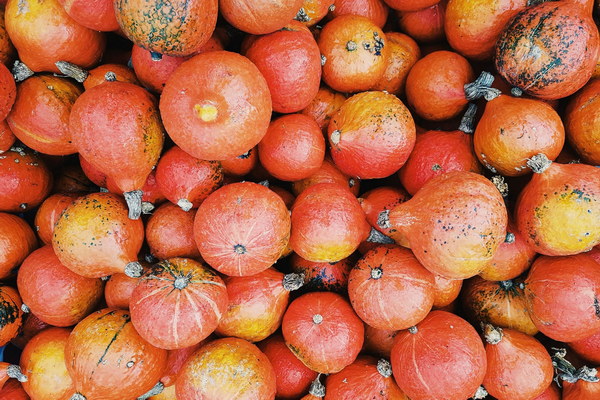Unlocking the Healing Powers of Traditional Chinese Herbs for Gastric Wellbeing
In the vast realm of traditional medicine, the wisdom of ancient cultures has provided us with numerous remedies for various health conditions. Among these, the use of Chinese herbs for digestive health has gained popularity for their effectiveness and safety. This article explores the benefits of some commonly used Chinese herbs for nourishing the stomach and promoting overall gastrointestinal well-being.
1. Gan Cao (Licorice Root)
Gan Cao, or licorice root, is a well-known herb in traditional Chinese medicine (TCM). It is valued for its ability to soothe the stomach and relieve indigestion. The glycyrrhizin content in licorice root helps to neutralize excess stomach acid, making it an excellent herb for those suffering from acid reflux or heartburn. Additionally, Gan Cao has anti-inflammatory properties that can help reduce stomach ulcers and inflammation.
2. Bai Zi Ren (Bitter Almond Seed)
Bai Zi Ren, or bitter almond seed, is another traditional Chinese herb that can benefit the stomach. It is known for its ability to relieve bloating, gas, and constipation. The active compounds in Bai Zi Ren, such as prunin and benzaldehyde, help to relax the gastrointestinal muscles and improve bowel movement.
3. Chai Hu (Bupleurum Root)
Chai Hu, or bupleurum root, is often used in TCM to treat liver and stomach disorders. It helps to balance the flow of Qi (vital energy) in the body, which can alleviate symptoms such as bloating, abdominal pain, and nausea. Chai Hu also has anti-inflammatory and antispasmodic properties that can help with irritable bowel syndrome (IBS) and other digestive issues.
4. Mu Dan Pi (Mimosa Tree Bark)
Mu Dan Pi, or mimosa tree bark, is a cooling herb that can help to alleviate heat in the stomach and intestines. It is particularly effective for treating symptoms like heartburn, acid reflux, and ulcers. The tannins in Mu Dan Pi have astringent properties that can help to protect the stomach lining and reduce inflammation.
5. Chen Pi (Tangerine Peel)
Chen Pi, or tangerine peel, is a popular herb for promoting digestion and reducing bloating. It contains volatile oils that can stimulate the production of digestive juices and improve the breakdown of food. Chen Pi is often used in combination with other herbs to treat a variety of digestive problems, including constipation, bloating, and gas.
6. Shan Zha (Hawthorn Fruit)

Shan Zha, or hawthorn fruit, is a traditional Chinese herb known for its ability to regulate blood flow and improve cardiovascular health. It is also beneficial for the digestive system, as it helps to relax the muscles of the stomach and intestines, thereby reducing bloating and gas. Shan Zha is often used in combination with other herbs to treat conditions like constipation, diarrhea, and bloating.
7. Dang Shen (Codonopsis Root)
Dang Shen, or codonopsis root, is a commonly used herb in TCM to boost energy and vitality. It is also known for its ability to nourish the stomach and improve digestion. Dang Shen helps to stimulate the production of digestive enzymes and enhance the absorption of nutrients, leading to improved overall gastrointestinal health.
In conclusion, traditional Chinese herbs offer a natural and effective way to nourish the stomach and promote digestive health. By incorporating these herbs into your diet or using them in herbal formulas, you can experience relief from common digestive issues and enjoy a healthier, happier stomach. However, it is important to consult with a healthcare professional before starting any new herbal treatment, as some herbs may interact with certain medications or have contraindications for certain individuals.









